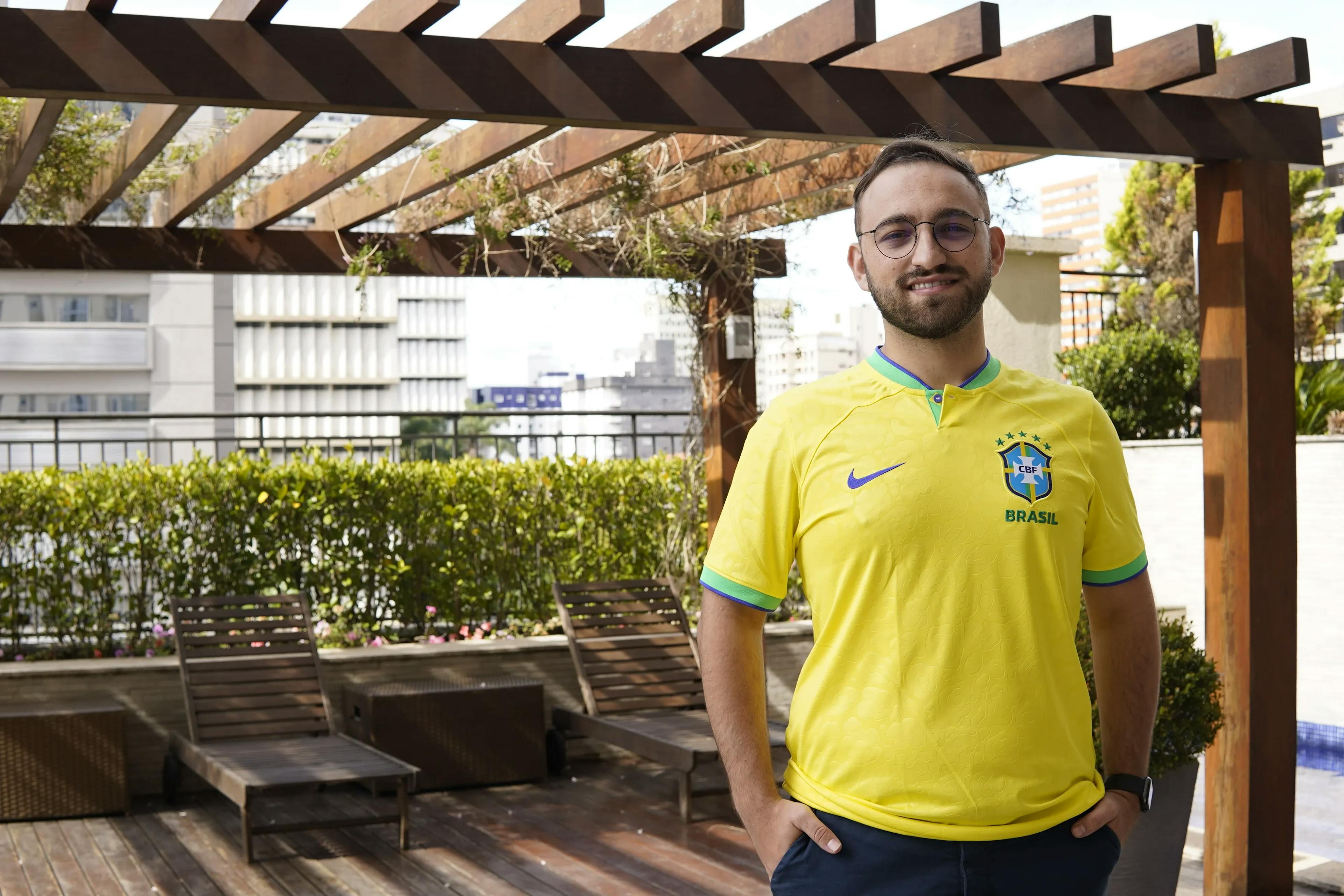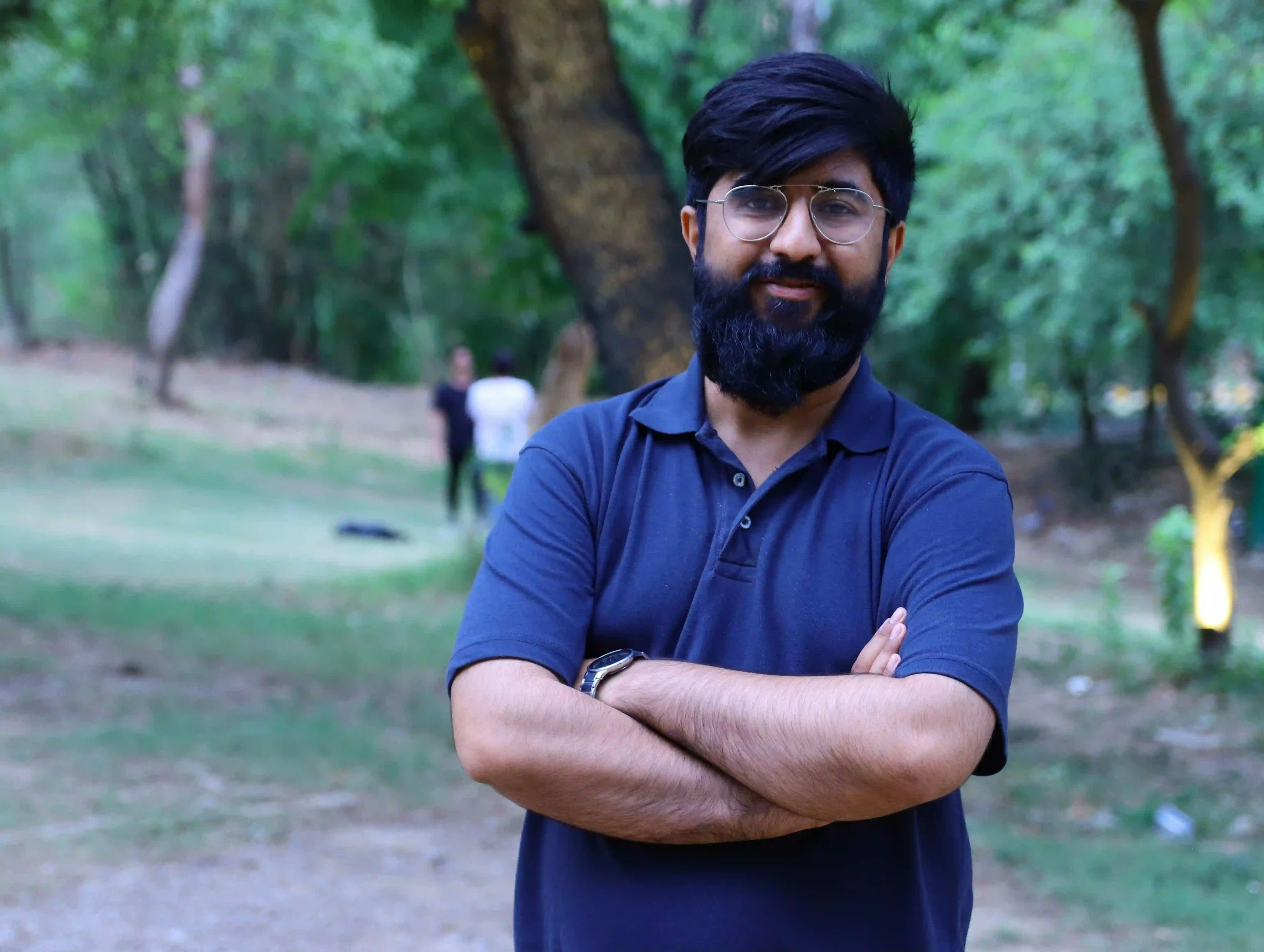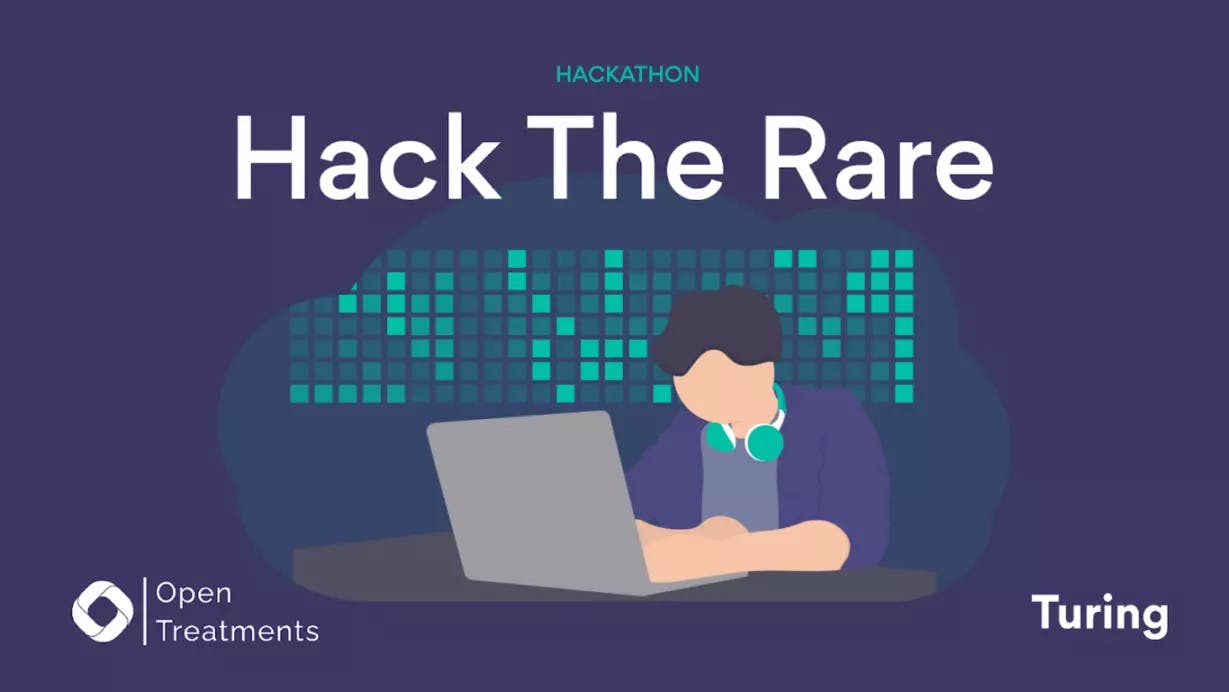Remote IoT developer jobs
We, at Turing, are looking for dedicated remote IoT developers with innovative thinking and creative abilities to develop, manage, and monitor IoT devices combining three core components – data, technology, and research. Get the best opportunity to work with elite U.S. companies and the veteran professionals and accelerate your career growth.
Find remote software jobs with hundreds of Turing clients
Job description
Job responsibilities
- Understand key business requirements and objectives
- Come up with the right solution on the IoT platform
- Troubleshoot issues after deployment responsively
- Work closely with PM to define feature specifications
- Perform regular code reviews to ensure better performance
- Contribute to software architecture and optimize existing code
- Collaborate with relevant teams for internal changes
Minimum requirements
- Bachelor’s/Master’s degree in Engineering, Computer Science (or equivalent experience)
- At least 3+ years of experience working as an IoT developer (rare exceptions for highly skilled developers)
- Proficient with AI, ML, and data science algorithms and technologies
- Experience working with one or more programming languages such as Java, Python, C, Go, etc.
- Knowledge of embedded systems engineering and UI/UX designs
- Experience in handling end to end IoT devices lifecycle
- Understanding of IoT protocols like MQTT/CoAP/AMQP
- Experience with network security protocols
- Good knowledge of distributed systems, APIs, and cloud computing
- Fluent in English to communicate effectively
- Ability to work full-time (40 hours/week) with a 4 hour overlap with US time zones
Preferred skills
- Expertise in Kubernetes clustering and serverless programming
- Hands-on experience on RAN technologies
- Familiarity with domain modeling and OOP principles
- Working knowledge of code versioning tools such as Git
- Experience with agile methodology
Interested in this job?
Apply to Turing today.
Why join Turing?

1Elite US Jobs

2Career Growth

3Developer success support
How to become a Turing developer?
Create your profile
Fill in your basic details - Name, location, skills, salary, & experience.
Take our tests and interviews
Solve questions and appear for technical interview.
Receive job offers
Get matched with the best US and Silicon Valley companies.
Start working on your dream job
Once you join Turing, you’ll never have to apply for another job.

How to become an IoT developer?
IoT developer jobs can require a little bit of everything – and by "everything," we mean security, networking, systems engineering, cloud programming, and hardware device programming. Because the role is new, there is plenty of potential to carve out your own route if you have a specific passion.
While mastering all aspects of an IoT project is neither essential nor attainable, it is nonetheless crucial for an IoT developer job to have a basic understanding of each. The Internet of Things (IoT) is a highly collaborative endeavor. Closing yourself or your team off from those working on hardware or design, for example, will almost certainly result in a lower-quality product.
What is the scope in IoT development?
The Internet of Things (IoT) has become a globally recognized technology. It has gained a lot of traction in a short amount of time. Furthermore, improvements in Artificial Intelligence and Machine Learning have simplified the automation of IoT devices. In general, IoT devices are combined with AI and machine learning systems to offer optimal automation.
As a result, the Internet of Things (IoT) has expanded its application base to include a variety of sectors. Because of technological advancements and users' desire to combine gadgets such as smart phones with domestic machinery, the future of IoT is almost limitless. People and devices on all platforms may now be connected thanks to a networking and connection protocol. Furthermore, there is a tremendous amount of data being sent from one gadget to the next. To keep up with demand, another major problem will need to be addressed: security. Individually, IoT has significant professional chances that must be taken advantage of. However, you must possess the requisite talent, which will serve as a crucial distinction.
What are the roles and responsibilities of an IoT developer?
The construction and development of devices, sensors, and software that allow the device to communicate smoothly with other systems is the major responsibility in an IoT developer job. They develop, test, and document IoT solutions involving several systems and devices. IoT developers’ responsibilities vary based on the sector they work in, but they may design, code, and test aspects of devices that link to other systems and devices.
They may also work as service designers by assessing user wants and providing solutions to any challenges relating to network and platform connections. In addition, an IoT developer remote job is that they can be frequently called upon to create software that monitors and performs processes, as well as to build cloud-compatible platform solutions that operate well with IoT applications. They must also provide software that allows IoT devices to function and communicate with other devices. The day-to-day responsibilities in an IoT jobs remote include –
- Devices, sensors, and software design and development
- IoT solution research, development, testing, and documentation
- Features of IoT devices are designed, coded, and tested.
- Providing solutions to difficulties relating to network and platform connectivity.
- Working as service designers and analyzing user demands
- Creating software to track and perform processes
- Creating cloud-compatible platform solutions that work with IoT applications
- Creating software that enables IoT devices to function and communicate with one another.
How to become an IoT developer?
A Bachelor's degree in Computer Science, Computer Engineering, or a related technical subject is often required for work in an IoT developer job. Programming language knowledge and experience are also essential. To succeed in an IoT developer job, you must first lay a solid foundation in the following areas:
- As previously said, IoT is mostly reliant on sensors, hence any remote IoT task needs a deep understanding of sensors. Sensors are the devices in an IoT network that gather and send data. You should become familiar with the mechanics and architecture of numerous types of sensors.
- The two pillars of success for every application, including IoT apps, are the User Interface (UI) and User Experience (UX). Consumers rely on IoT solutions to make their lives easier and more pleasant, therefore you can't skimp on the user experience. The UI must be clear, fluid, simply accessible, and optimized for numerous platforms in order for the UX to be top-notch.
- Because most IoT devices and solutions are built on top of sophisticated programming languages like JavaScript or Python, knowing these two languages is vital for IoT application development. While Python offers quick development and scalability, JavaScript, being a web-based and event-centric language, is suitable for the backend and obtaining device reactions.
- While reputable organizations like IEEE feel that IoT Developer jobs require a background in Computer Science or Electrical Engineering, technologies such as Raspberry Pi are working to change this. You may exhibit your abilities and aptitude to potential employers by designing and developing tiny IoT projects using Raspberry Pi.
- Mobile devices such as smartphones and smartwatches have undergone exponential development due to their ubiquitous use. Because mobile devices are the most popular and widely used technology, you must grasp mobile technology skills (because of its portability and convenience characteristics). This can help you optimize your IoT apps and solutions for mobile platforms, allowing you to reach out to a larger audience.
Interested in remote IoT developer jobs?
Become a Turing developer!
Skills required to become an IoT developer
The first step is to master the core skills that will help you land high-paying IoT developer jobs. Let's take a look at what you should be aware of.
1. Software development
To cope with reams of raw data and operate in an uncontrolled environment, an engineer should design embedded software. The most popular languages for IoT software development are C, C++, and Python. Aspirants must also be conversant with General Purpose Input Output, or I2C, interfaces in order to establish a communication channel between the CPU and a linked device.
2. Data management
Because an IoT developer job is to work with a significant volume of data that is frequently inconsistent, the ability to manage that data becomes critical. Candidates who can develop, implement, and maintain a reliable and scalable data management system are sought by companies recruiting IoT specialists.
3. Data analytics
Engineers with expertise developing data analytics apps and the ability to visualize the results of IoT data analysis are in high demand. An IoT developer’s job includes batch parallel processing, processing complicated events, and developing machine learning algorithms, to name a few.
4. Networking systems
Wireless networking solutions are used by IoT devices to interact with cloud-based devices and applications. The design and administration of these networks are critical skills for an IoT specialist. If a professional understands the many standards, protocols, and technologies that enable connected devices and network design, he or she will stand out.
5. Security standards
Because IoT devices interact with the web in a different way than IT devices, the cybersecurity and privacy requirements and features are frequently different. IoT security is a specialized field of study that is in great demand.
6. Artificial Intelligence
In an IoT remote job, to use in big data activities, AI and machine learning abilities are required. Machine learning, in particular, assists an IoT developer in analyzing and predicting trends in order to construct smarter apps.
7. JavaScript/Python
Suz Hinton, a Microsoft technology advocate, suggests mastering JavaScript before pursuing an IoT developer job. "Using a web-based language for both the data processing backend and the code running on the device itself makes a lot of sense," Hinton added. "Because JavaScript is an event-driven language, it's great for responding to fresh data from sensors and performing actions on those devices."
Working with new technology frequently necessitates working without documentation, code samples, or direction other than what hardware manufacturers supply, according to Rob Lauer, Progress's senior manager of developer relations. IoT remote jobs often require mainstream languages like Python and JavaScript, with C#/.NET being used in select Windows IoT-compatible devices, he noted.
Interested in remote IoT developer jobs?
Become a Turing developer!
How to get remote IoT developer jobs?
Developers are similar to athletes. They must practice properly and persistently to excel in their craft. They must also work hard enough so that their talents improve over time. In this regard, there are two important things that developers must focus on in order for that growth to occur: the help of someone who is more experienced and successful in practice techniques while you're practicing, and the use of a timer while you're practicing. It's critical for you to know how much to practice as a developer, so make sure you have someone on hand to assist you and keep an eye out for indications of burnout!
Turing has the greatest remote IoT developer jobs that will fit your IoT developer career goals. Working on difficult technological and business challenges with cutting-edge technology will help you grow quickly. Get full-time, long-term remote IoT developer jobs with greater remuneration and career progression by joining a network of the world's greatest developers.
Why become an IoT developer at Turing?
Elite US jobs
Long-term opportunities to work for amazing, mission-driven US companies with great compensation.
Career growth
Work on challenging technical and business problems using cutting-edge technology to accelerate your career growth.
Exclusive developer community
Join a worldwide community of elite software developers.
Once you join Turing, you’ll never have to apply for another job.
Turing's commitments are long-term and full-time. As one project draws to a close, our team gets to work identifying the next one for you in a matter of weeks.
Work from the comfort of your home
Turing allows you to work according to your convenience. We have flexible working hours and you can work for top US firms from the comfort of your home.
Great compensation
Working with top US corporations, Turing developers make more than the standard market pay in most nations.
How much does Turing pay their IoT developers?
Every IoT developer at Turing is free to determine their own pricing. Turing, on the other hand, will propose a salary at which we are convinced that we can provide you with a satisfying and long-term employment. Our recommendations are based on our examination of market conditions and our perceptions of customer desire.
Frequently Asked Questions
Latest posts from Turing
Leadership
Equal Opportunity Policy
Explore remote developer jobs
Based on your skills
- React/Node
- React.js
- Node.js
- AWS
- JavaScript
- Python
- Python/React
- Typescript
- Java
- PostgreSQL
- React Native
- PHP
- PHP/Laravel
- Golang
- Ruby on Rails
- Angular
- Android
- iOS
- AI/ML
- Angular/Node
- Laravel
- MySQL
- ASP .NET
Based on your role
- Full-stack
- Back-end
- Front-end
- DevOps
- Mobile
- Data Engineer
- Business Analyst
- Data Scientist
- ML Scientist
- ML Engineer
Based on your career trajectory
- Software Engineer
- Software Developer
- Senior Engineer
- Software Architect
- Senior Architect
- Tech Lead Manager
- VP of Software Engineering









